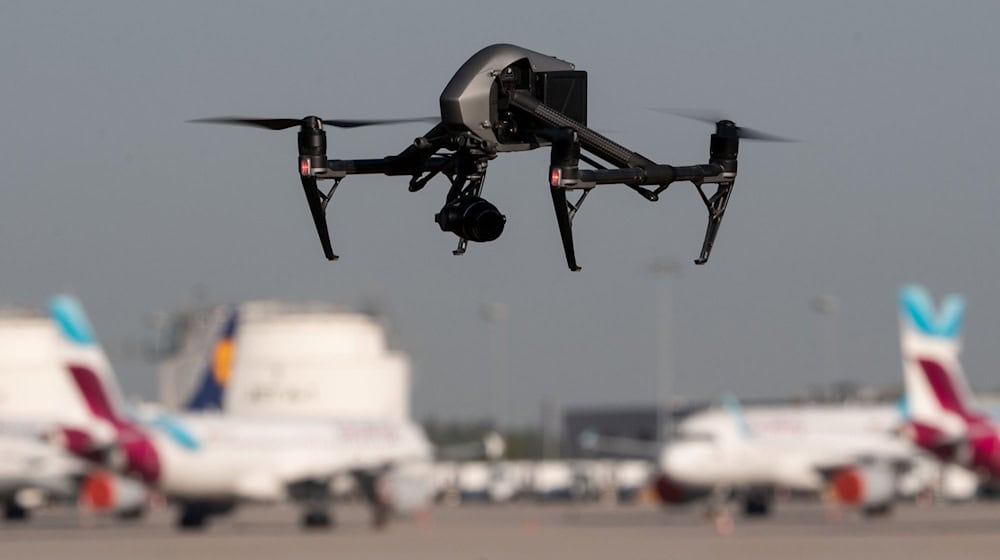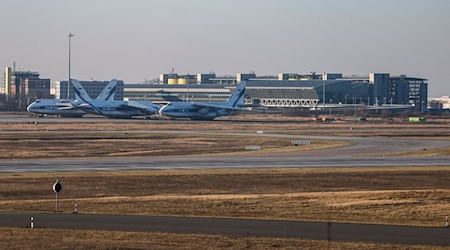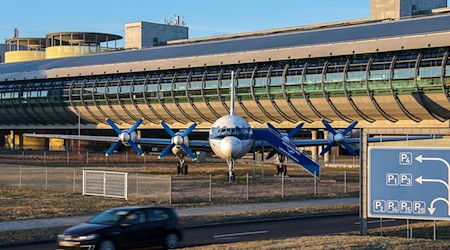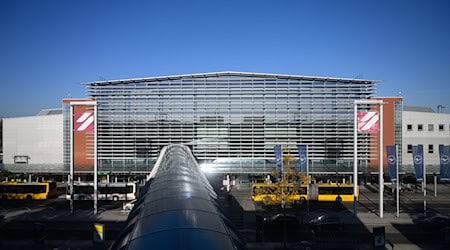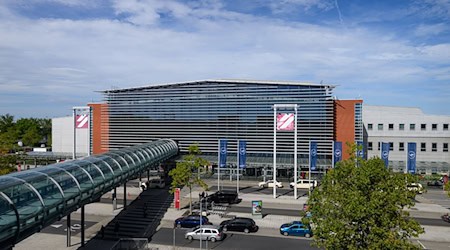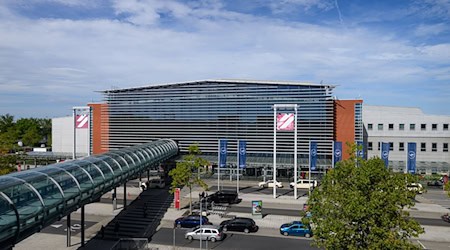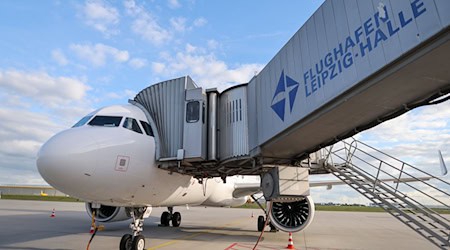Drones are being spotted at German airports again and again, most recently air traffic had to be temporarily suspended in Munich. Incidents are also increasing at the eastern German airports of Leipzig/Halle and Dresden. According to German air traffic control (DFS), eleven drones have already been spotted there this year - six of them in Leipzig alone. But how well prepared are the airports for a growing threat from the air?
"We can't really prepare for it because we don't have our own detection system," says DFS spokesperson Robert Ertler. The air traffic control radar systems are designed for large aircraft, not for small drones. "They are too small and have too little radiation area. We only actually see them when pilots report them or when they are detected by the federal police."
New units against an "invisible" threat
Air traffic control cannot prevent such incidents - it can only react. So what can be done about the growing danger from the air? The German government wants to change this and strengthen its defenses. Interior Minister Alexander Dobrindt (CSU) announced on Wednesday that the Federal Police will have its own drone defense unit by the end of the year. In addition, a joint drone defense center of the federal and state governments is to be established, which will bundle the cooperation of the police, armed forces and security authorities. The new Federal Police Act is also intended to legally safeguard the defense against drones - and define for the first time that the Federal Police may also actively combat drones in the vicinity of airports or train stations.
While the Federal Government is establishing new structures for drone defense, Dresden aviation expert Hartmut Fricke still sees many open flanks. In this interview, the Professor of Aviation Technology and Logistics at TU Dresden explains where Germany stands - and where it is lacking.
How serious is the drone threat to our airports?
"There has definitely been a change in the security situation at airports." Fricke suspects that Germany is currently testing how it reacts to drone incidents. "I think that Russia is currently testing the possibilities of how we deal with drones. That is my firm conviction."
At the same time, he emphasized that other actors could also carry out such flights - from copycats to uninvolved parties who simply attach themselves to an existing excitement. "Whether there are then of course many free riders who simply say: "Wonderful, I'll just join in", and everyone assumes it comes from Russia - that can of course never be ruled out," says Fricke.
What is the aim of such drone flights?
According to Fricke, most drones over airports have several purposes. "The first is certainly what is known as 'inspection and surveillance'," he explains. The aim is to use the high-resolution cameras to gather very precise information about critical infrastructure.
Even the observation itself can be a form of intimidation, explains Fricke. He cites the Russian Antonov transport planes stationed in Leipzig/Halle as an example. "That is a threat in itself, that you can say: We now know even more precisely, we can take a better look than with satellite images." The huge cargo planes have been parked in Leipzig/Halle since February 28, 2022 - they are no longer allowed to take off due to EU sanctions against Russia.
A second motive, as Fricke says, is the targeted testing of vulnerabilities. "This is known as vulnerability testing," he explains. "The check is to see what happens if I just fly in there anyway. And that's basically what happened in Munich."
Why is the defense so difficult?
A core problem, according to Fricke, lies in the responsibilities. The police are currently "overwhelmed". "They have no means of actually solving these tasks adequately." So far, drone defense has only worked in close cooperation with the Bundeswehr. "But even there, we are still nowhere near where we need to be."
In addition, there is a lack of clear structures as to who bears responsibility in an emergency. German air traffic control can only observe, but not act. Fricke advocates - similar to what the federal government is now planning - clearly establishing responsibility with the federal police.
Technically, it has long been possible to defend against such drones, Fricke emphasizes. There are now radar systems that can detect even very small flying objects. Such devices work with high-frequency signals in the so-called X-band range and can detect targets that remain invisible to conventional airborne radars. They are also developed and produced in Germany, which Fricke sees as an advantage: The know-how is available, the technology is ready for use - it just needs to be used consistently and networked.
What happens in an emergency?
According to Fricke, if a drone is detected in the airspace of an airport, well-established safety mechanisms take effect. "There is a controlled shutdown of flight operations at every airport," he says. Aircraft that are already approaching are allowed to complete their landing, others are diverted. Take-offs are temporarily halted until the situation has been clarified. But this can quickly become expensive - for airports and airlines alike.
How well prepared are Leipzig/Halle and Dresden?
In response to an inquiry, the Saxon Ministry of the Interior stated that there is a central drone defense unit against commercially available drones, which can also be deployed at airports if necessary. This year, the State Office of Criminal Investigation received a security-relevant tip-off about a drone overflight at Saxon airports. There is a regular exchange between the state and federal police and operational situations are continuously evaluated.
Fricke considers this to be a start, but by no means enough. In his view, it would make sense to expand the protection areas around airports in order to have more time to react in an emergency. In the long term, according to the expert, defense technology must keep pace with the rapidly developing drone technology - a task that he believes is not yet complete.
Copyright 2025, dpa (www.dpa.de). All rights reserved

